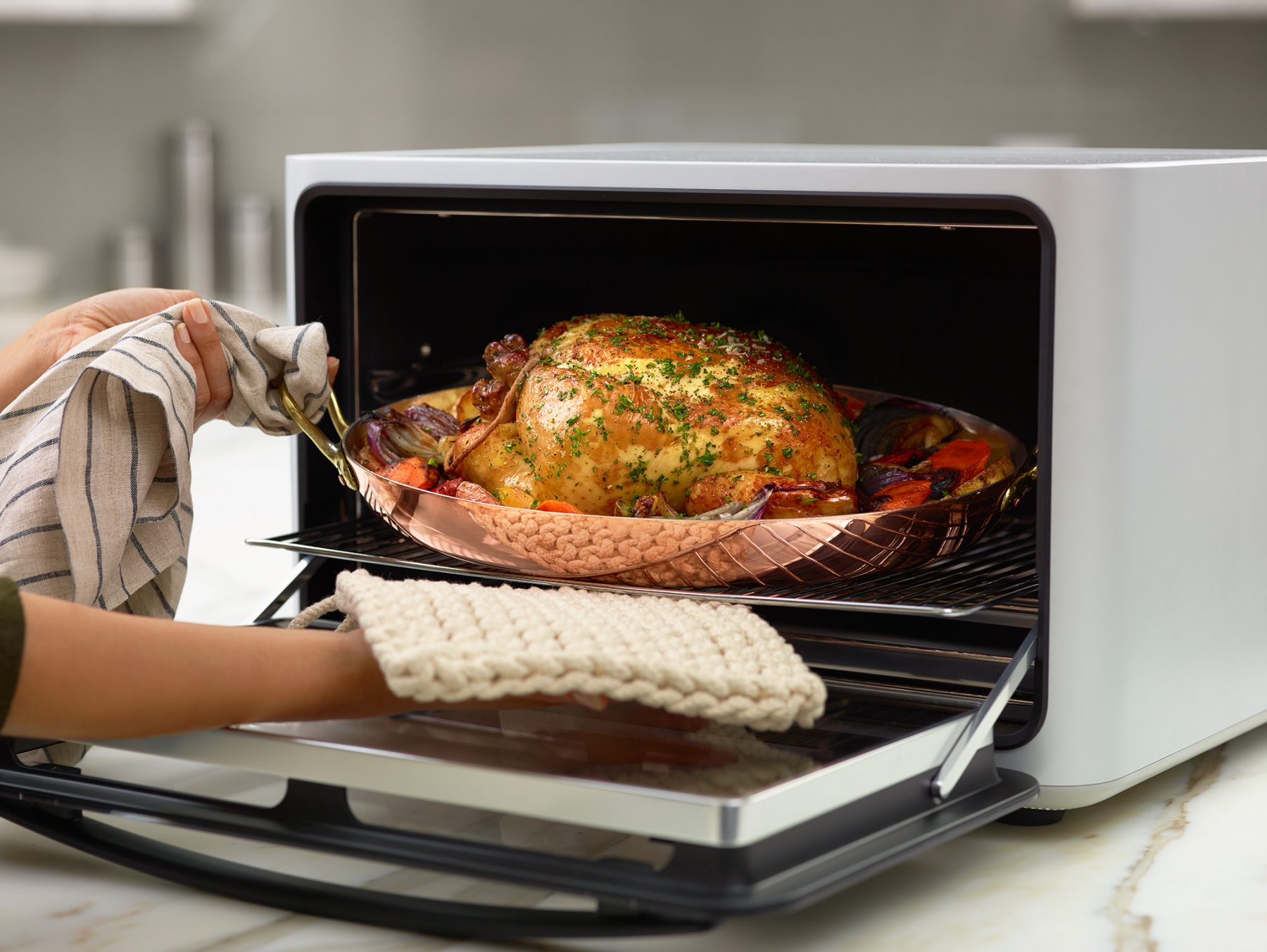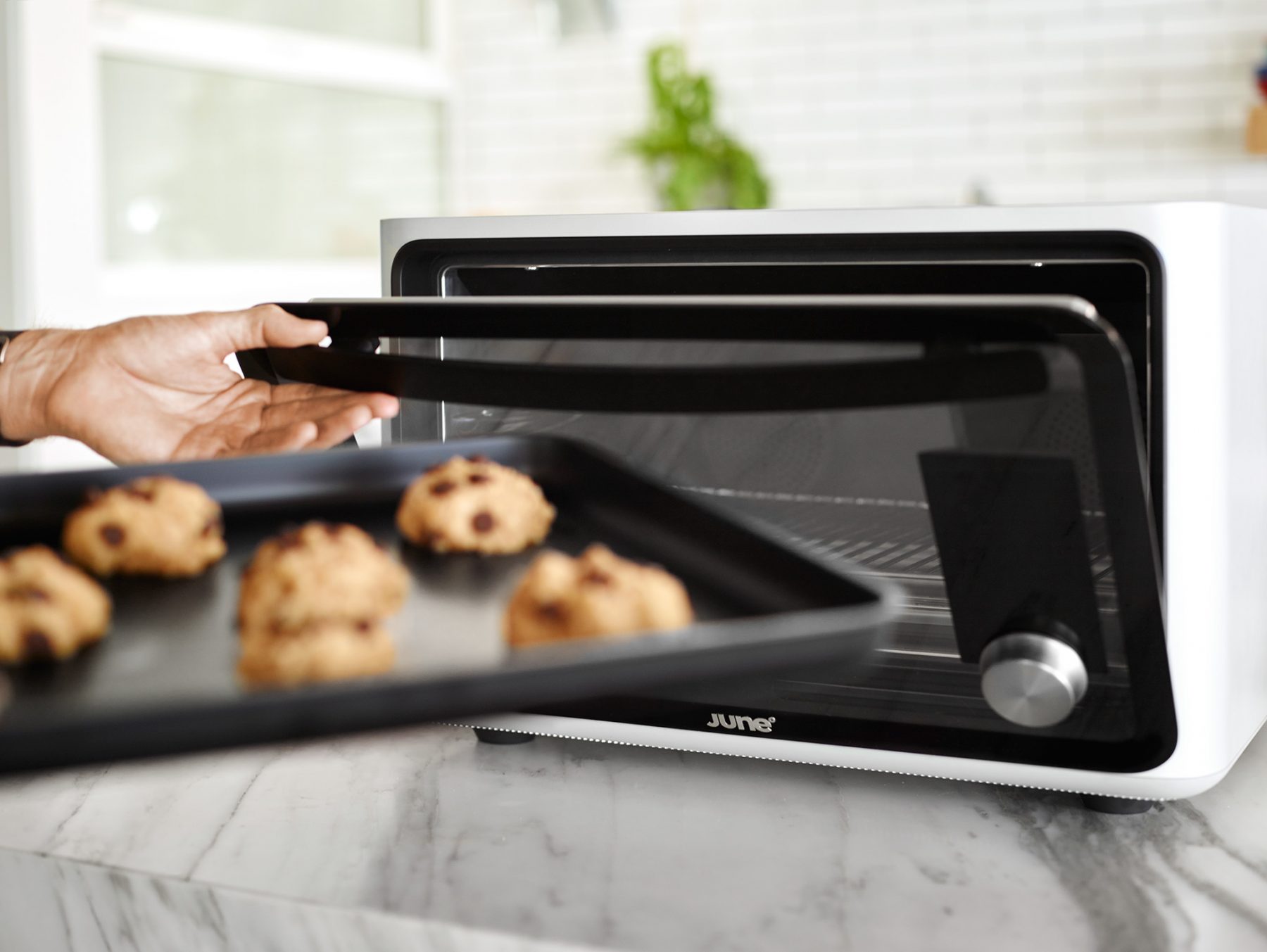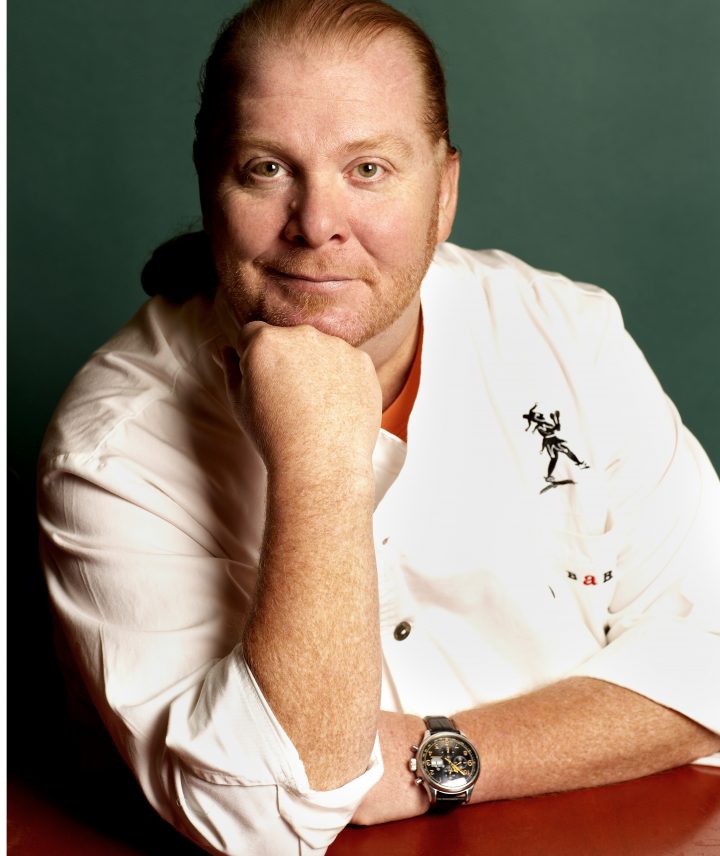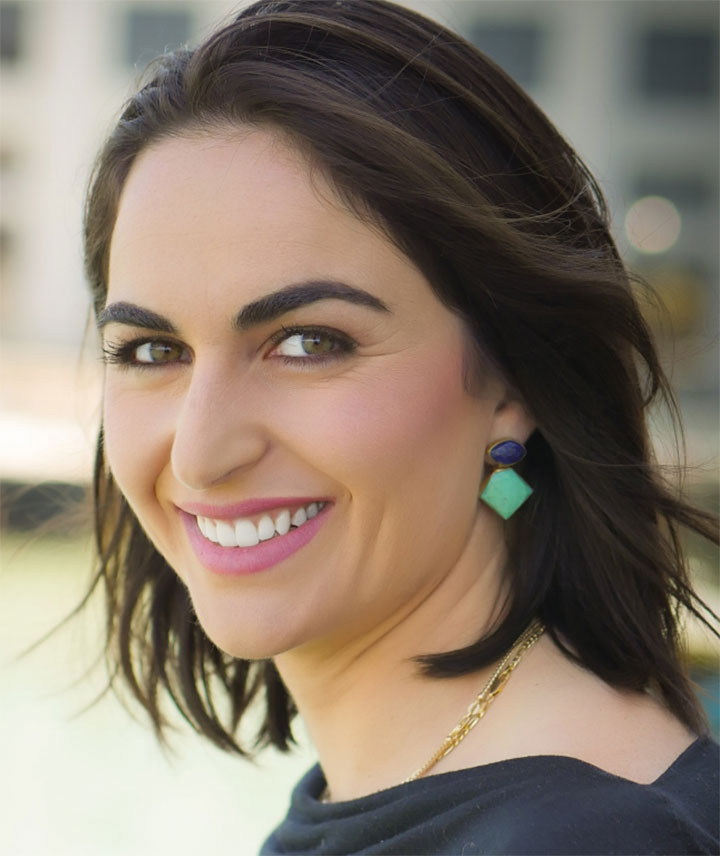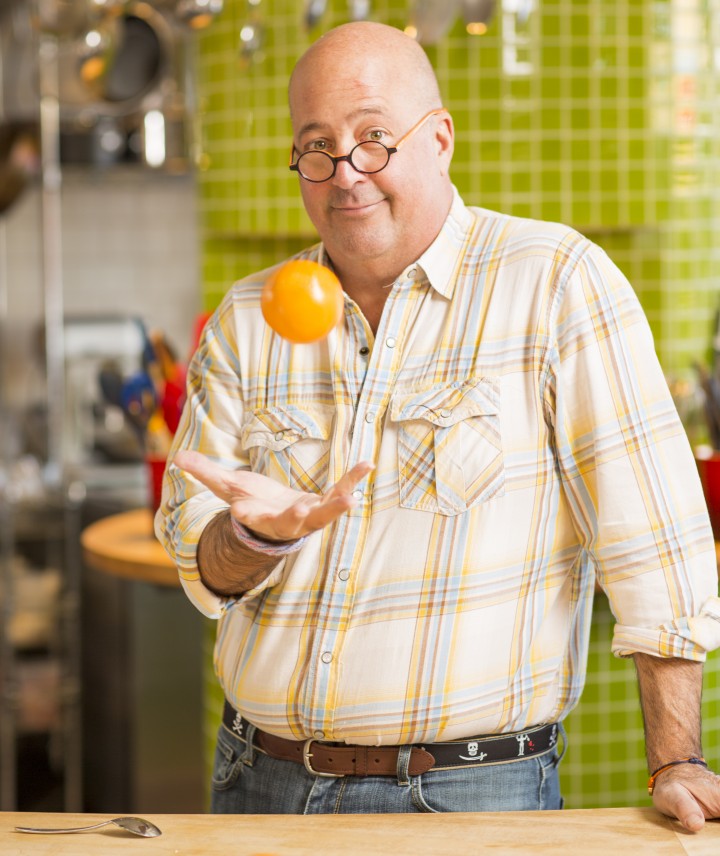Before they invented the June Oven—a countertop smart appliance that counts among its benefits a built-in camera to recognize food, suggest cooking techniques and livestream the entire process to your smartphone—Matt Van Horn and Nikhil Bhogal had honed entrepreneurial chops. Van Horn previously cofounded Zimride, now known as Lyft, and Bhogal helped build the original iPhone. (Thank him for camera features like tap-to-focus and panorama processing.)
“Over time, though, we both ended up working at a social network called Path,” Van Horn explains. “And while the company was great, we, like many innovators today, missed the opportunity to work on something more tangible—to create a physical product.”
Basically, they wanted to invent something. Only issue? They didn’t know what.
“We spent pretty much every evening brainstorming in one of our apartments,” Van Horn continues. “And as it would get later, we would get hungrier and end up procrastinating in the kitchen… [Laughs] It’s a scenario most entrepreneurs can relate to.”
What they discovered during those late night food breaks was shocking: Their own kitchens looked markedly similar to those on their favorite TV show, Mad Men. The most modern piece of technology in both scenarios? The microwave, a now 50-year-old piece of technology. Surely, they thought, someone could do better. Why not us?
And that’s how two guys who had barely used a kitchen appliance, let alone made one, disrupted the industry in 2016.
